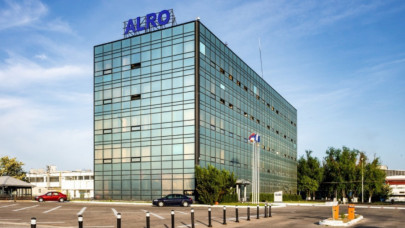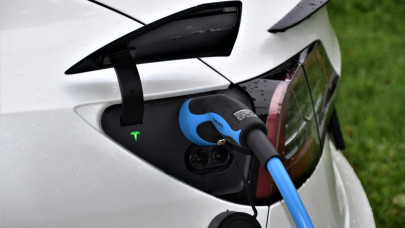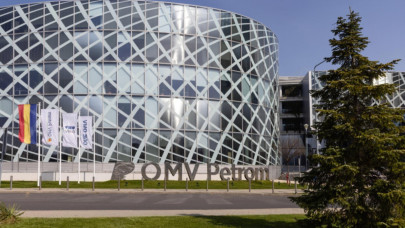In an era marked by heightened environmental awareness and regulatory scrutiny, the real estate sector faces a pivotal moment where stakeholders must shift their focus towards measurable and quantifiable ESG performance.
Consultants at Colliers emphasize that buildings failing to meet the new ESG criteria and sustainability standards will have minimal chances of attracting major tenants, securing bank loans, or garnering interest from prominent investors.
"The real estate sector is at a critical juncture as it grapples with the imperatives of ESG principles. With 2023 noted as the hottest year on record, the call for corporate and government action on climate change has reached unprecedented levels, catapulting ESG activities to the forefront of all stakeholders' agendas. One of the primary catalysts driving this shift is the evolving regulatory landscape. Starting from 1 January 2024, the EU's Corporate Sustainability Reporting Directive (CSRD) mandates large public-interest organizations with over 500 employees to adhere to stringent sustainability rules. These regulations encompass a wide range of ESG factors, from greenhouse gas emissions to human rights and biodiversity. ESG due diligence is now standard practice in investment decisions and property selection, while tenants increasingly consider ESG factors when choosing their future locations," explains Tamara Dogariu, Senior Sustainability Consultant | ESG Strategic Advisory.
Green certifications remain essential benchmarks within the evolving ESG regulatory landscape, signaling a commitment to sustainable practices in the built environment. Investment in green certifications reflects a proactive stance towards meeting stringent ESG regulations, enhancing credibility and attractiveness to stakeholders.
Romania witnessed another successful year in 2023 in terms of LEED, BREEAM, WELL, and Access4you certifications. This trend can be attributed to industrial, logistic center, retail, and office portfolios seeking certification. Compared to previous years, particularly the pre-pandemic period when most green certificates were obtained by office owners, 2022 and 2023 had a more balanced and diverse distribution. Approximately 40% of the green, health, and wellbeing certifications achieved last year were related to office projects, which continue to account for the largest share of the total. At the same time, around 33% of applications were for industrial projects, while over 20% were for the retail sector.
Colliers' ESG Strategic Advisory team, comprising professionals accredited in LEED, BREEAM, WELL, EDGE, and Access4You, has developed a portfolio of services dedicated to environmental, social, and governance (ESG) commitments. This includes consultancy on green building certifications, carbon footprint calculations, Net Zero
Carbon decarbonization projects, ESG strategy definition in the built environment, assessments, and guidance on applying the EU Taxonomy and energy audits. Over its 13 years of activity in this sector, Colliers' ESG strategic consultancy team has provided consultancy for more than 240 projects in Romania, covering a total area exceeding 6.7 million square meters.














